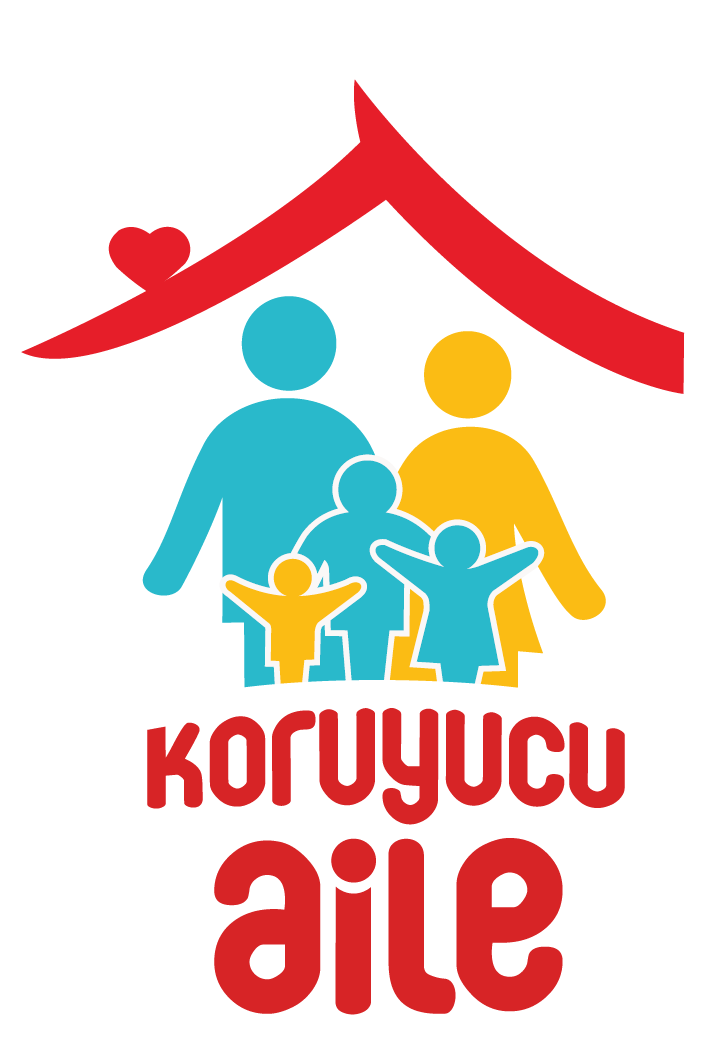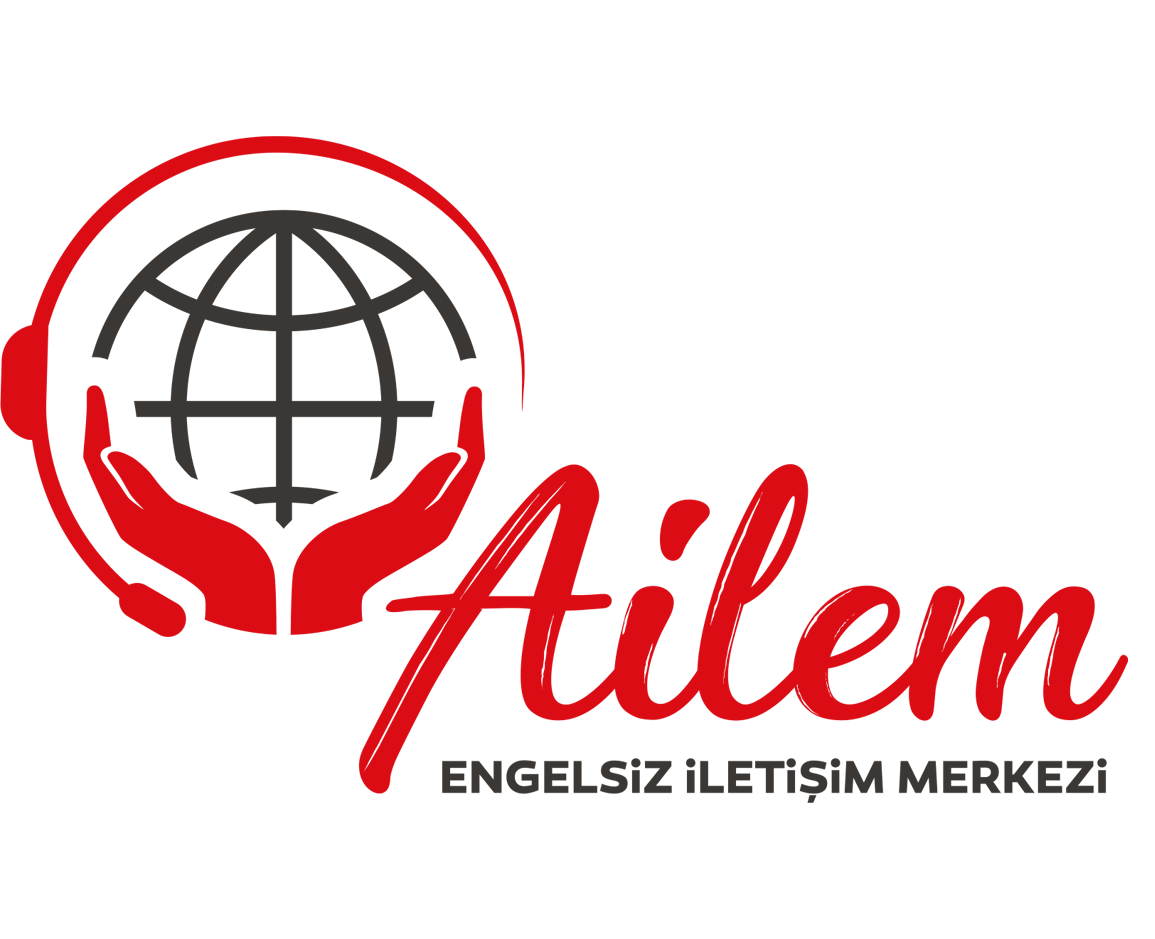Question 1: What rights people with disabilities have in hospitals?
Disabled people have priority priorities when receiving health care. Our citizens who have a "priority" record in the Records of the Ministry of Health can make an appointment by taking advantage of the quota allocated to them.
Question 2: How are the costs of materials such as tools, medical supplies, consumables, orthotics, and prostheses required for people with disabilities paid for?
As specified in the Social Security Institution Health Application Communiqué (SUT) issued within the framework of Law No. 5510 and General Health Insurance Procedures Regulations, the payments of materials such as auxiliary tools, medical supplies, consumables, orthotics-prosthesis are made by SSI.
Question 3: How to benefit from the physical therapy services for people with disabilities?
Physical therapy can be obtained in public hospitals according to the condition of the disabled individual when the appropriate report is received.
To organize health reports, to pay for physical therapy and rehabilitation practices by the institution.
a. Up to 30 sessions (30. physical medicine and rehabilitation specialist for physical therapy and rehabilitation applications, including the session,
b. SUT attachment for treatments to be continued after 30 sessions in the diagnoses included in the "Diagnosis List Not Subject to Region/Session Control" (ANNEX-9/B).
1. Up to 31-60 sessions (including the 60th session) in which at least one physical medicine and rehabilitation specialist physician is involved for physical therapy and rehabilitation applications (if there are more than one physical medicine and rehabilitation specialist physician on the health service server, the health board will be formed by these physicians) by the health institution health board (by the official health board in outpatient treatments),
2. For physical therapy and rehabilitation applications over 60 sessions, a health report should be issued by the health board of the third-line health institution, which has at least one physical medicine and rehabilitation specialist physician (if there are more than one physical medicine and rehabilitation specialist on the health service server, the health board will be formed by these physicians).
Question 4: Can people with disabilities benefit from home health care?
Patients or family members who want to receive home health care apply by calling the national call center 444 38 33 within the Ministry of Health.
The staff at the call center contacts the person requesting the service and starts the necessary procedures. Following the first interview, the medical personnel at the Coordination Center are interviewed by the person requesting services and directed to the teams of the hospital related to the patient.
The person who will receive home health care is visited at home by a team of physicians and auxiliary medical staff. The status of the person who will receive the service and the service to be offered is determined. If there are people who will receive home health care from the physician, a home health service treatment plan is created after the exchange of opinions with other physicians who plan their treatment.
Question 5: How do people with disabilities benefit from Oral and Dental Health Services?
As in other health institutions, all kinds of treatment services are provided for patients who can have examinations and treatments in oral and dental health centers/hospitals.
For patients with physical or mental disabilities who cannot be coordinated, necessary treatment services can be provided under general anesthesia or sedation in the operating room environment with the help of an anesthesiologist, anesthesiologist, and dentist. For patients who want to receive home health care, they can apply by calling the Ministry of Health National Call Center 444 38 33. At home, the health team performs the procedures to be performed in the home environment (simple shooting, moving prosthesis, etc.) and directs them to the hospital for operations that cannot be performed in the home environment (canal treatment, complication shooting, fixed prosthesis, etc.).
Question 6: Is there a system in place to ensure that deaf people receive health care in emergencies?
Barrier-Free Health Communication Center (ESIM) has been established by the Ministry of Health to connect our deaf citizens to life in emergencies. With the app in question, people with disabilities can download it for free on their phones via mobile apps They can report to 112 Emergency Services instantly, start a video conversation or make instant messaging. Hearing-impaired with ESIM application By reaching 112 Emergency Department, they can specify their location and status, so that emergency responders and ambulances can be quickly dispatched to the scene of the hearing impaired individual.






